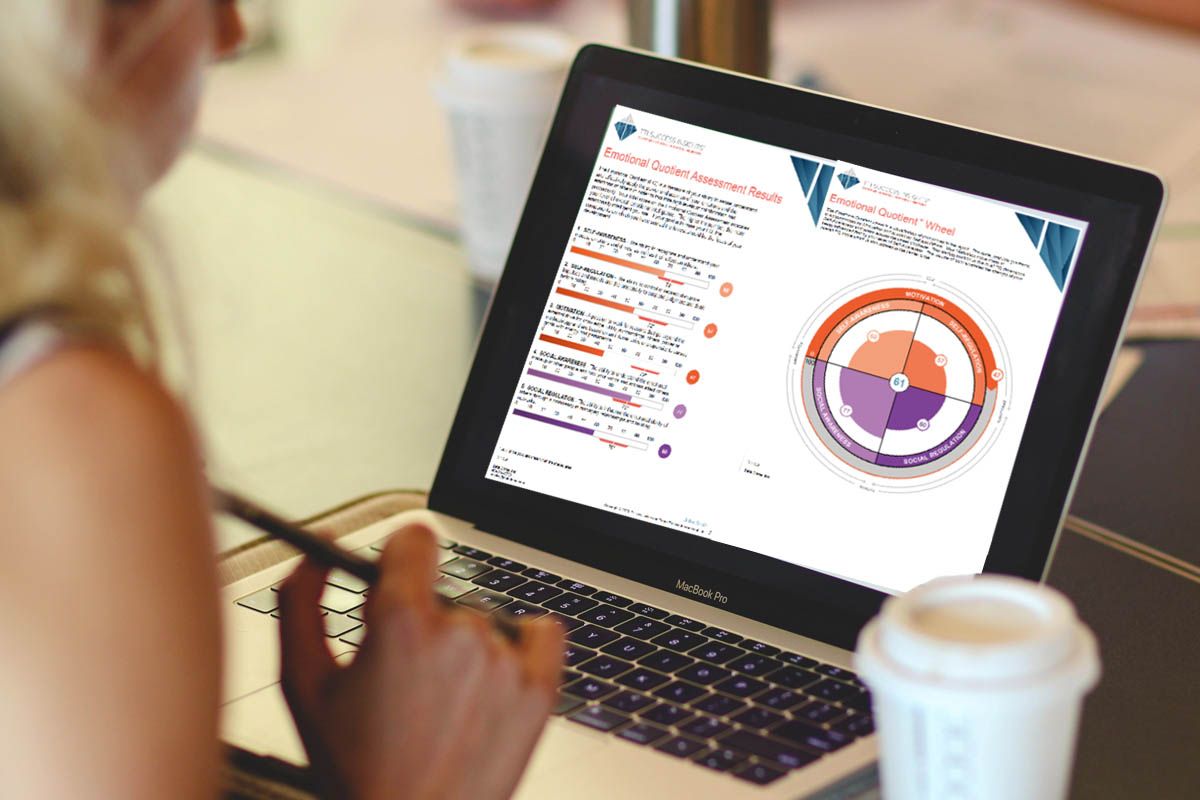Emotional Intelligence (EQ)
In the ground-breaking book, Emotional Intelligence, Dan Goleman theorized that 90% of the difference between star performers and average performers in the workplace was related to EQ. Time and research continue to demonstrate the key role emotions play in conflict resolution, collaboration, innovation, leadership, and other key successful cultural attributes in companies. EQ might be the most important skill any professional can develop in our current workplace.
Our EQ program includes a world-class personal assessment to give participants self-awareness and a methodology with proven exercises to increase their EQ and performance.

“We are not just smart by our training and expertise, but by how well we handle ourselves and each other.”
– Daniel Goleman, Working with Emotional Intelligence, 1995

The Benefits of Understanding Emotional Intelligence
- Determining their style and where it helps and hinders successful selling.
-
Quickly reading the customer’s buying style.
- Understanding the “style match” and likelihood of a successful interaction
- Adapting their approach based on the customer’s key needs.
-
Turning around their most challenging customer
Data Dome has been a consistent partner to us in providing training, being a resources and supplying materials and ideas at just the right time. We have adopted DISC, EQ and Productive Conflict into our Fundamentals Class for all employees. This material has helped us define our culture as one characterized by self-awareness, having a growth mindset and a willingness to work together. We use the material for hiring, development and sales.
Shelly King – Senior Manager, Sales Force Development
CooperVision
Emotional Intelligence Defined
The ability to recognize, understand, and manage our own emotions and recognize, understand and influence the emotions of others. It’s not about being emotion-free, it’s about how to process disruptive emotions and get back to “normal.” The program looks into each of the 5 factors of Emotional Intelligence:
Self-Awareness
Self-Regulation
Social Awareness
Social Regulation
Motivation


